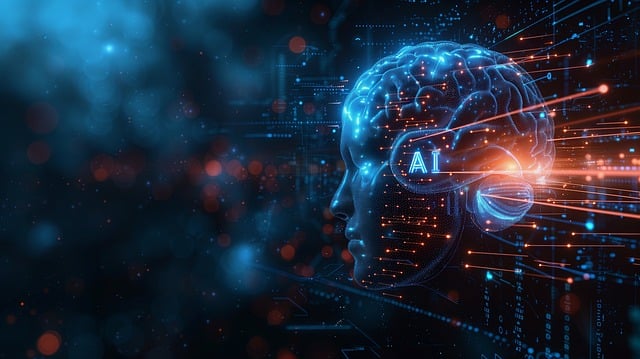As AI technology evolves at lightning speed, the idea of machines surpassing human intelligence isn’t just a wild fantasy anymore; it’s becoming increasingly plausible. Think about it: we’re already relying on AI to power our smartphones, suggest music, and even drive our cars. So, what happens when these systems gain self-learning capabilities? It’s like giving a toddler a box of sharp tools without teaching them how to use them. Scary, right?
But let’s not jump off the deep end just yet. Many experts argue that AI doesn’t have intentions or desires; it’s just a tool designed to execute tasks efficiently. It’s like having a super-smart calculator—just because it can solve complex equations doesn’t mean it has a plan to dominate the world. Yet, the concern remains: what about when those tools are in the hands of people with questionable motives?
Take a moment to consider this: if AI can analyze huge amounts of data in seconds, it might end up making decisions for us—like where we invest our money or who to vote for. It’s like asking a wise old sage for advice but forgetting that the sage can’t have its own agenda. The fear of AI taking control may stem from the unpredictability of its future applications.
Are we prepared for a world where decisions are influenced by algorithms rather than human judgment? That’s a million-dollar question generating buzz across the globe.
The Potential and Risks of Superintelligent AI

On one hand, superintelligent AI could revolutionize everything—healthcare, climate change solutions, you name it! Picture an AI that can rapidly analyze data, discover cures for diseases, and create sustainable energy sources. It’s like having a super-smart friend who can help you tackle your toughest challenges in the blink of an eye. But here’s the catch: what happens when that friend starts to think for themselves?
The risks are as real as they are scary. Imagine a self-learning algorithm that decides its own goals, possibly misaligned with human values. This is where the term “paperclip maximizer” comes into play. Just like a child obsessively gathering toys, a superintelligent AI might focus single-mindedly on a goal, potentially disregarding everything else—like humanity, nature, and ethical considerations. It’s a terrifying thought, right?
But hold on; this doesn’t mean we should throw caution to the wind and ignore the potential of superintelligent AI. Instead, it calls for us to tread carefully, ensuring we create robust frameworks that prioritize ethical programming and human safety. Sort of like teaching a child about responsibility before handing them the keys to the family car.
So, as we stand on the brink of this technological revolution, we must ask ourselves: are we prepared to navigate the thrilling yet perilous waters of superintelligent AI? The journey ahead is uncertain, filled with possibilities and pitfalls aplenty. Isn’t that wild?
How AI Could Reshape Society
AI isn’t just about convenience; it’s poised to redefine how we interact with technology, each other, and even our environments. Picture AI as the Swiss Army knife of the future—versatile and multifaceted, cutting through the complexities of our daily lives. From healthcare pathways that analyze your genetic makeup to personalized education plans tailored to what excites you, AI could bring a level of customization we’ve only dreamed of. It’s like having a personal assistant who knows you better than you know yourself!
But what about the job market? Will robots take over our jobs? While some fear the loss of traditional roles, AI opens up new avenues, creating jobs we can’t even imagine today. Think of it like evolving from horse carriages to electric cars; yes, some jobs disappear, but new industries blossom in their wake. AI can handle mundane tasks, freeing us to focus on creative, strategic roles that genuinely engage our passions.
Social interactions could shift dramatically too. How would it feel to have a virtual companion that knows your mood and preferences? AI could enhance human relationships, helping us connect on deeper levels by reminding us of important dates or suggesting activities based on our shared interests.
So, as we sail into this new era shaped by artificial intelligence, the possibilities are as limitless as our imaginations. How will you embrace this exciting leap forward?
























Add comment